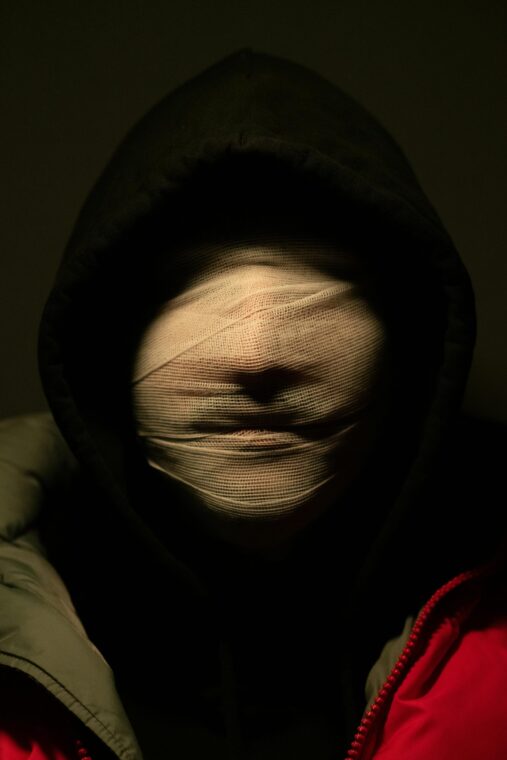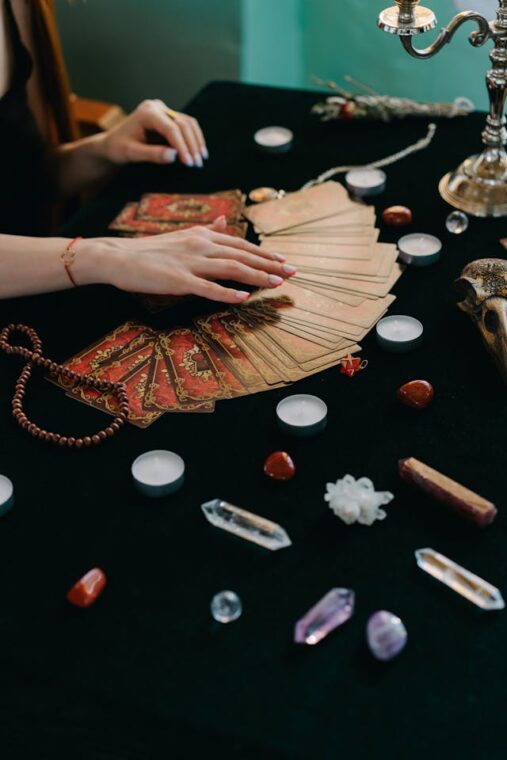Emily was known among her friends as the quiet, thoughtful one who always lent a listening ear or helped others, often putting others’ needs before her own. She genuinely wanted to be there for her friends, but sometimes she found herself feeling unappreciated or unnoticed for her efforts. When her friend Lucas shared the news of his promotion, Emily congratulated him warmly, her smile hiding a pang of insecurity. Later that night, she couldn’t help but wonder why her own talents seemed to go unnoticed, leaving her feeling a mix of pride for Lucas and envy for the recognition she craved but rarely received. In conversations with mutual friends, she occasionally found herself expressing subtle criticisms of Lucas’s work—masked as concern—without consciously intending to diminish his success. At group gatherings, Emily would mention her own accomplishments, hoping others would finally see her value. Despite her quiet, supportive exterior, Emily struggled with a deep need for recognition and often felt left behind when others received the spotlight.
Covert narcissism, also referred to as vulnerable or introverted narcissism, is a subtle and often misunderstood form of narcissism. Unlike overt narcissists, who are openly grandiose and attention-seeking, covert narcissists may appear humble, shy, or modest, often coming across as self-conscious, socially insecure, and highly defensive (Jauk et al., 2017). It is important to note that introversion alone is not a sign of covert narcissism. Beneath their seemingly reserved exterior, covert narcissists often harbor a preoccupation with self-centered needs and experience a deep sensitivity to criticism.
Covert vs. Overt Narcissism
While both overt and covert narcissists share core traits, they express them differently:
- Overt Narcissists: Display their grandiosity openly, seek admiration, and often come across as assertive or even charismatic.
- Covert Narcissists: Conceal their sense of superiority and express their entitlement indirectly. They may appear anxious, depressed, or self-effacing, while still deeply craving validation.
Recognizing Signs of Covert Narcissism
Identifying covert narcissism requires careful observation:
- Excessive Shyness or Introversion: While many introverts are not covert narcissists, a reluctance to engage combined with underlying entitlement may be indicative of deeper issues.
- Envy and Bitterness: Frequent complaints about others’ successes or perceived unfairness, even if the perceived unfairness results from their own actions.
- Passive-Aggressive Behavior: Saying one thing but doing another, being neglectful or subtly sabotaging someone else’s efforts, or giving the silent treatment.
- Disguised Altruism: Going out of their way to help others with the expectation of receiving praise, and later reminding others of their “help” as a means of seeking attention.
- Self-Deprecation for Validation: Using negative self-talk to elicit compliments or sympathy, such as saying, “I look awful today,” hoping for reassurance.
- Self-Absorption in Suffering: Focusing on their own struggles while minimizing or disregarding others’ experiences.
- Perfectionism: Maintaining unrealistic standards for themselves and others, often leading to dissatisfaction.
- Indirect Expression of Needs: Expecting others to understand their needs without communicating directly, which can lead to misunderstandings and resentment.
Stephanie and Daniel: A Romantic Relationship with a Covert Narcissist
Stephanie fell in love with Daniel, a quiet and introspective artist who seemed deeply attuned to her feelings. He often shared stories of how others had misunderstood him, portraying himself as a sensitive soul in a world that didn’t appreciate him. When Stephanie shared her personal successes, Daniel would smile and congratulate her, but his praise often seemed half-hearted before he shifted the conversation to his own unrecognized talents. He frequently sought her advice, but when he didn’t follow it and faced setbacks, he lamented that no one was truly on his side. If Stephanie tried to express concerns about their relationship, Daniel would grow distant, leaving her feeling guilty for even bringing it up. Over time, Stephanie began to feel emotionally drained, recognizing that beneath Daniel’s humble facade was a constant need for validation that subtly undermined her own achievements.
Symptoms of a Covert Narcissist
Similar to an overt narcissist, the covert narcissist harbors many of the same characteristics. These include, but are not limited to:
- Victim Mentality: Covert narcissists may see themselves as victims of circumstances or others’ actions, deflecting responsibility for personal issues.
- Hypersensitivity to Criticism: Covert narcissists are often extremely sensitive to perceived slights or criticism, reacting with defensiveness or withdrawal.
- Passive Self-Importance: They may harbor fantasies of grandiosity but are reluctant to express them openly, leading to feelings of envy or resentment toward others’ achievements.
- Chronic Feelings of Inadequacy: Despite an outward appearance of humility, they may struggle with deep-seated feelings of unworthiness or inadequacy.
- Lack of Empathy: They may have difficulty understanding or caring about others’ feelings, even if they appear sympathetic on the surface.
- Social Withdrawal: Preference for solitude or limited social interactions, often due to fear of rejection or criticism.
Impact on Relationships
Covert narcissists may engage in emotional manipulation, struggle to communicate openly, and create a cycle of dependency and withdrawal in their relationships. They often rely on guilt-tripping or passive-aggressive tactics to have their needs met, while withholding emotional openness in a way that fosters misunderstanding and resentment. Their inability to focus on others’ needs makes forming deep, empathetic connections challenging, leaving their partners feeling emotionally isolated.
Much like their overt narcissistic brethren, covert narcissists struggle with deep-seated insecurities and unmet emotional needs.
References
Discover more from My Divine Shadow
Subscribe to get the latest posts sent to your email.



